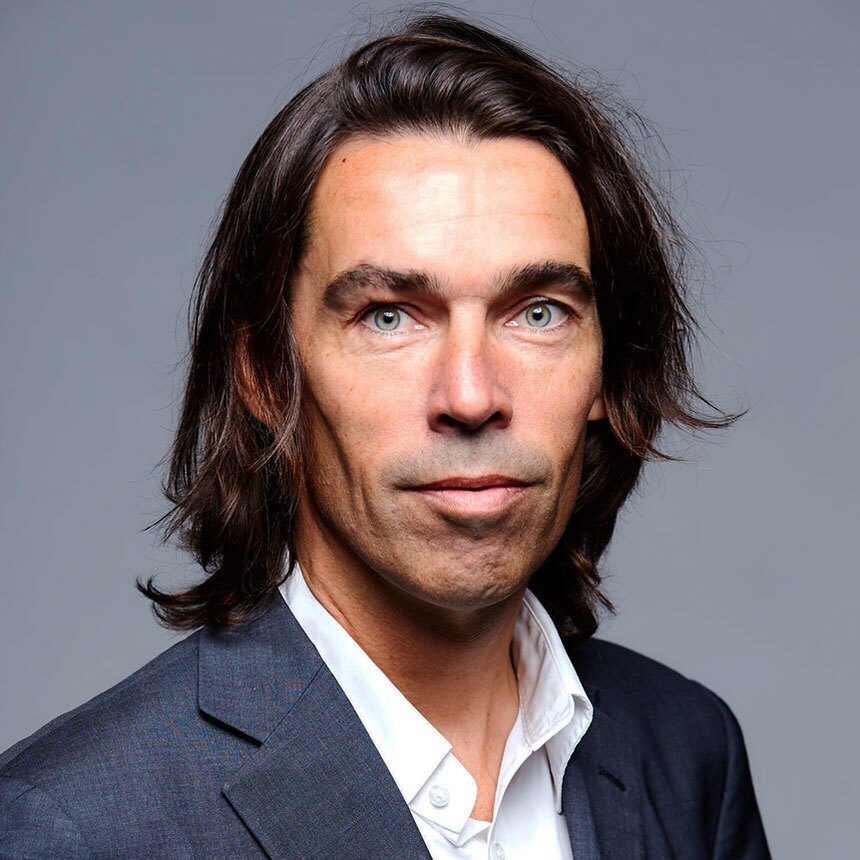SINGAPORE — India stands at the intersection of an ideal hotel growth scenario, with strong travel demand, low supply and big investment dollars pouring in.
"India's the best we've ever seen it, probably ever," said Vijay Thacker, partner and CEO of Crowe Advisory India and a managing director for Horwath HTL India. "It's under supplied — though supply is growing substantially — and there's strong demand."
Inbound travel into India has grown since the pandemic. A total of 9.2 million tourists came to the country in 2023, which was 23% growth over 2022 levels and just short of 2019 levels, according to HVS.
But domestic travel, particularly for business travel, religious pilgrimages and weddings, drives a lot of the demand today and will in the future, said speakers on a panel on South Asia opportunities and challenges at the recent Hotel Investment Conference Asia Pacific.
Those trends are driving hotel supply direction.
Much of India's pipeline is in branded hotels, which represents a shift for the country, Thacker said. And forthcoming supply that is likely to open within the next five years also is spreading out away from tier-one cities like Mumbai and Dehli and into other classes as well.
"If our top ten cities had 60% to 70% of the hotel supply before, that will be down to 50% by 2029 because supply is spreading across multiple markets in India," Thacker said. "That will mean a lot of growth in those towns and in the middle segments."
Hotel supply is following demand as India's middle class grows and travels more for sports, entertainment and religious custom, as convention centers pop up and business travel returns, speakers agreed.
"Post-pandemic, we're signing mostly deals in tier-two and tier-three cities. That's where the business is heading," said Juhi Roy, senior director of hotel development in South Asia for Marriott International. "Occupancy may not be very high, but average daily rate will be substantial."
Religious pilgrimage destinations across the country represent great opportunities for international brand companies, Roy said.
"There were never branded hotels in religious destinations, only family-owned smaller hotels," she said. "The shift is to branded hotels, which will open over the next two to three years, and that will make a huge difference in the entire infrastructure."
Cities outside the majors also are ripe for hotels for business travelers, Thacker said. And smart hoteliers will find ways to maximize that demand and build hotels that can flex to support wealthy business travelers and leisure travelers — particularly weddings business — as well, he said.
Secondary and tertiary markets "have wealth, they have business travel that hasn't been supported and they are strong business towns that have a lot of money for food and beverage," he said.
"Upper-midscale and upscale hotels will have to put in banquet space in these markets. Even Fairfield Inns can have banquet space," he said. "It's sensible because even if you don't need it to fill up your rooms, it's additional revenue."
Speakers all pointed to infrastructure developments like airports and road improvements that contribute to the success of spreading Indian hotel demand across the country.
"I'm a firm believer that if you create the supply, the demand will follow," Thacker said.
Investment
Major Indian cities saw the first wave of hotel investment post-pandemic, but investment dollars have since spread around the country, according to JLL data.
JLL projects hotel transaction volume of $440 million this year, up from $76 million in 2022 and $337 million in 2023.
This year has seen a wave of Indian hotel ownership companies seeking public listing.
The likely largest was September's move by Brookfield-backed Schloss Bangalore, parent company of Leela Palaces, Hotels & Resorts, to list on the Bombay Stock Exchange at a value of 50 billion Indian rupees ($599 million).
Also in September, India's Juniper Hotels filed an IPO prospectus worth 8 billion Indian rupees ($216.7 million), and Pune-based Ventive Hospitality filed introductory documents exploring a listing to raise approximately 20 billion Indian rupees ($238.2 million).
Earlier this year, Kolkata-based Apeejay Surrendra Park Hotels went public, offering shares valued at 10.5 billion Indian rupees; and ITC Hotels also listed on the Bombay Stock Exchange.
Marriott's Roy called the flight to public listing "a great opportunity" for Indian hotel owners.
"A lot of our existing owners in India are going with IPOs," she said. "They want to sign more hotels with us. They are owners building quality product and it will open new doors for us."
Marriott has been in India for 25 years, and Roy called 2024 the company's "best year ever," signing 32 hotel deals representing 5,400 rooms so far.
"We've never seen that kind of growth," she said. "The next decade is for India."
Rohan Gopaldas, asset manager and partner at Prospect Hotel Advisors, said it's likely the hotel owners seeking IPOs will concentrate on international brands.
"I wouldn't be surprised if some of those companies look for a domestic brand here or there, but the vast majority will continue with international brands," he said. "Big-format hotels, in upper-upscale and luxury. That will percolate a bit down the scales and will give them size and breadth of supply, which is very positive."


